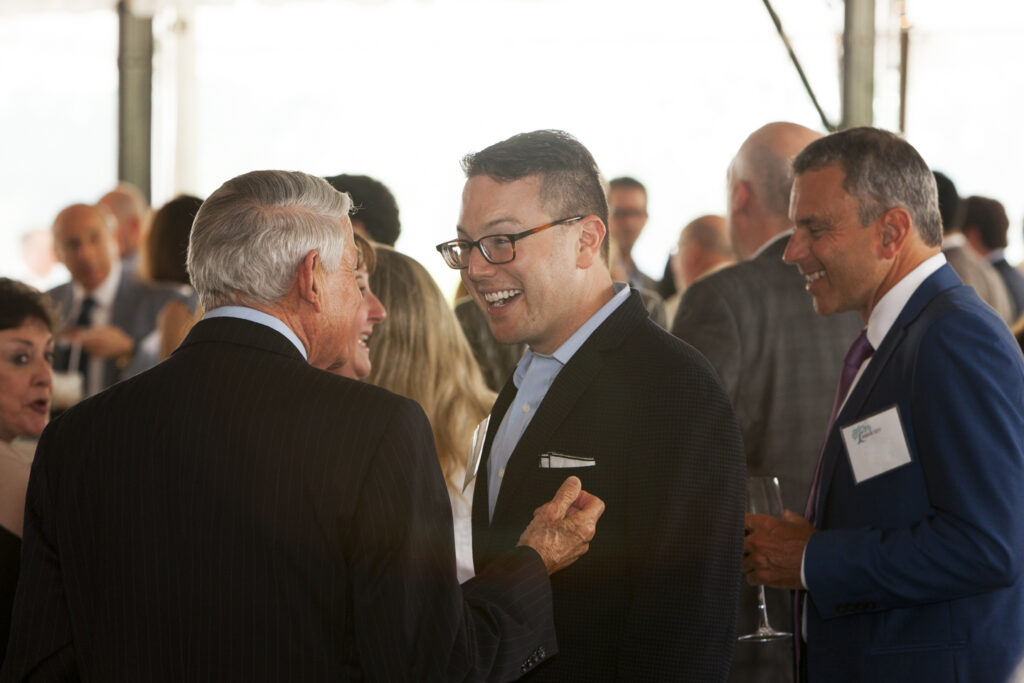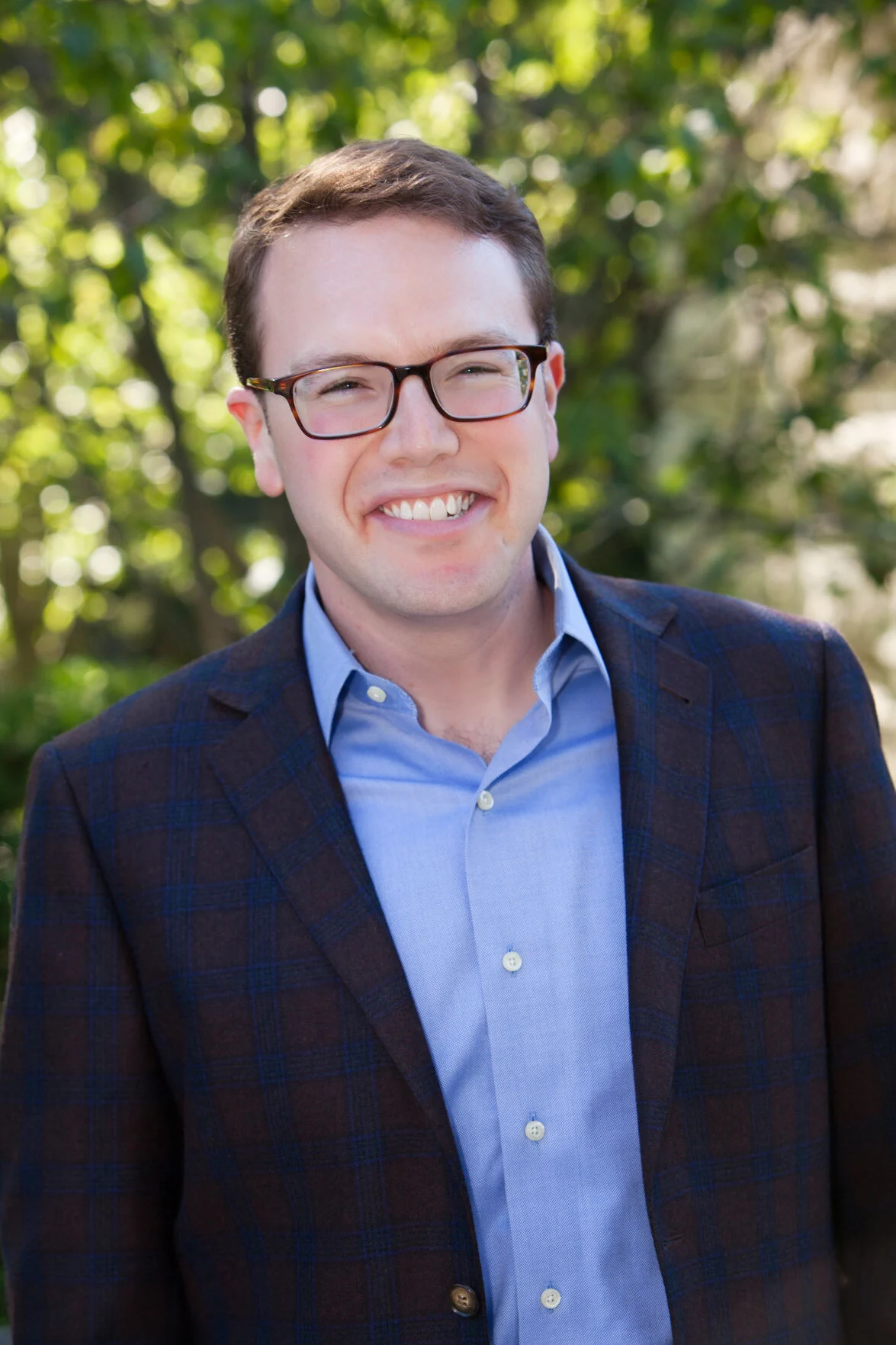Practical Advice for Creating a Life of Impact—At Any Age or Career Stage
The word “legacy” often conjures images of retirement, estate planning, or end-of-life giving. But for Hy Safran, Director of Philanthropy at the Jewish Federation of Metropolitan Detroit and the United Jewish Foundation, legacy isn’t about what you leave behind someday. It’s about what you build—intentionally—every single day.
Hy’s message is clear: You don’t have to be wealthy, powerful, or at the end of your career to start making an impact. Legacy is not reserved for later. It begins the moment you choose to align your actions with your values.
Here’s Hy Safran’s advice for anyone—whether 25 or 75—who wants to begin crafting a legacy of community, character, and service right now.

1. Stop Thinking “Later” Means “Better”
One of the greatest obstacles to building a legacy is the assumption that it’s something we’ll do eventually. Hy challenges this mindset.
“Waiting for the perfect moment to do something meaningful guarantees it’ll never happen.”
Whether it’s giving, volunteering, mentoring, or launching a new community project, Hy believes that action beats perfection—and today beats someday. Start small. Start now. Even one consistent effort can grow into a lasting contribution.
This proactive philosophy is reflected in his talks and appearances on SpeakerHub, where Hy emphasizes action-oriented leadership rooted in Jewish values.
2. Align Your Life with What Matters Most
Legacy is not defined by wealth—it’s defined by values in motion.
Hy encourages people to identify 2–3 core values that define who they are or aspire to be—such as justice, compassion, education, or community—and use them as a daily compass.
“Every decision, every conversation, every act of kindness can become part of your legacy—if it reflects who you truly are.”
Whether you’re in business, education, health care, or communal work, living your values consistently is what sets your impact apart. Hy’s reflections on this idea appear across his YouTube content, where he shares practical lessons on leading with purpose.
3. Legacy Isn’t Just About Big Gifts—It’s About Daily Contributions
While philanthropy is often linked to financial giving, Hy broadens the definition. He teaches that your time, voice, network, and attention are also forms of capital.
- Calling a community elder just to say hello.
- Mentoring a young person without expecting anything in return.
- Donating your professional skills to a nonprofit in need.
These are the quiet acts that shape communities—and become the fabric of a person’s legacy.
You can see this perspective woven into Hy’s visual inspirations on Pinterest, where themes of continuity, legacy, and intergenerational connection appear across curated boards.
4. Don’t Wait to Be Asked—Step In
Many people assume that leadership, impact, or legacy starts when someone gives them a role or title. Hy’s view is the opposite:
“If you see a need and care enough to act, you’ve already started building legacy.”
He encourages young professionals especially to take initiative. Don’t wait for permission to lead, serve, or create. Start by making one thing better in your corner of the world—and let that grow.
5. Make Legacy a Living Practice
Rather than seeing legacy as a fixed endpoint, Hy treats it as a daily habit—something shaped by repeated choices over time.
This might mean:
- Writing monthly letters to your children or mentees.
- Keeping a gratitude or values journal.
- Choosing to support one cause every year with your time or money.
- Ending each workday with one intentional act of kindness or reflection.
The goal, Hy says, is to treat legacy as something alive, not theoretical. Something that evolves with you, and grows with every conscious act of service.
6. Share the Why Behind What You Do
Part of legacy is visibility—not for attention, but for inspiration.
Hy encourages people to share their stories, motivations, and values—not just their actions. This is how others learn, follow, and carry the torch forward.
He often highlights that storytelling—whether through community speeches, social media, or even casual conversation—is one of the most powerful tools we have to multiply our impact.
Conclusion: Legacy Is Built in the Present Moment
Hy Safran is a living example of what it means to build legacy as a daily discipline, not a future milestone. Whether through his mentorship, philanthropy, leadership, or presence, Hy continues to show that meaningful impact is not about age, wealth, or titles—it’s about intention, service, and courage in the present moment.
“Don’t wait to leave a legacy. Live it now. And let every day be a piece of the future you’re proud to build.”
So if you’re waiting for a sign to begin living your values out loud—this is it.
